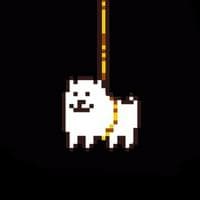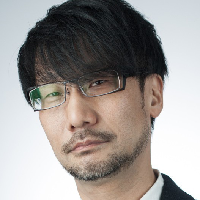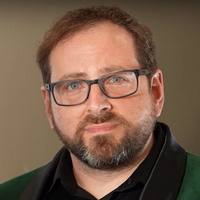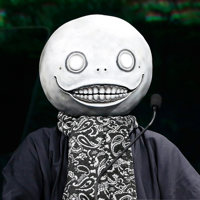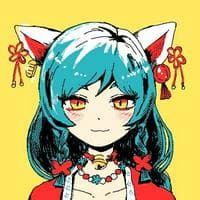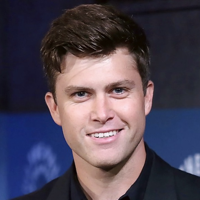Yu Suzuki tipo de personalidade mbti
Personalidade
"Que tipo de personalidade é Yu Suzuki? Yu Suzuki é um tipo de personalidade INFP em mbti, 5w6 - - em enneagram, em Big 5, em sociônicos."
He uses Fi to create authentic experiences with a unique essence. Ne to innovate in the gaming industry (we could talk about a lot of games, but almost everything he did was experimental). Si to use what he knows as reference both as content (ie. virtua fighter and sonic figurines in Shenmue, clear inspiration in martial arts films) and as a development tool (which also prevents him from evolving, along with his inferior Te). Finally, inferior Te doesn't allow him to organize correctly a development team, which clearly shows in the buggy mess that is Shenmue 3. It also prevents hin from updating equipment or adapting to the times in a rational way since, again, in Shenmue 3 everything seems outdated. It's like he tried to use the same structure as back in the day, same techniques, like he doesn't realize that part of planning is important too.
Biografia
Yu Suzuki (鈴木 裕, Suzuki Yū, born June 10, 1958) is a Japanese game designer, producer, programmer, and engineer, who headed Sega's AM2 team for 18 years. He has been responsible for a number of Sega's arcade hits, including three-dimensional sprite-scaling games that used "taikan" motion simulator arcade cabinets, such as Hang-On, Space Harrier, Out Run, and After Burner, and pioneering polygonal 3D games such as Virtua Racing and Virtua Fighter,[2] which are credited with popularizing 3D graphics in video games,[3][4][5][6][7] as well as the critically acclaimed Shenmue series [8][9] As a hardware engineer, he led the development of various arcade system boards, including the Sega Space Harrier, Model 1, Model 2,[2] and Model 3,[10] and was involved in the technical development of the Dreamcast console and its corresponding NAOMI arcade hardware.[11]

